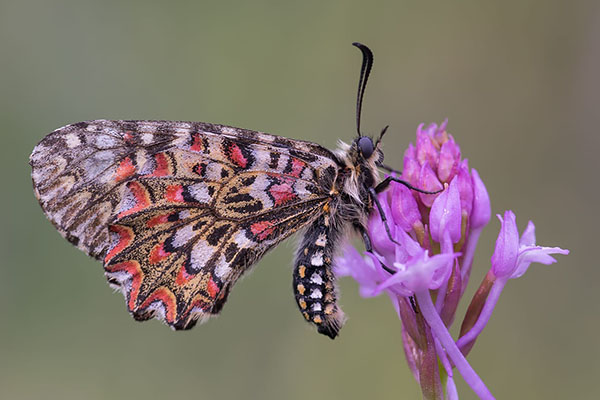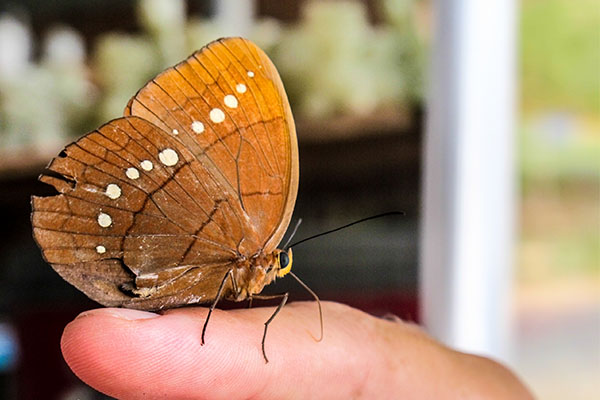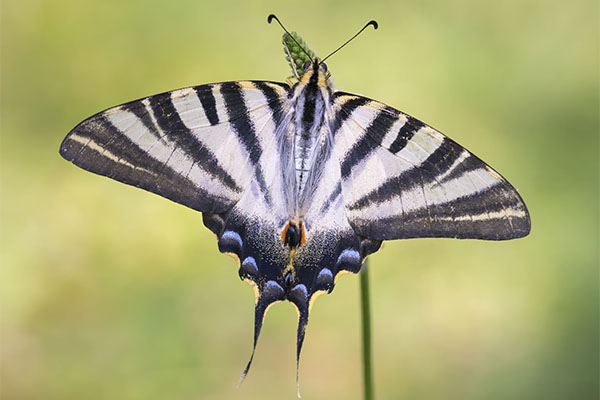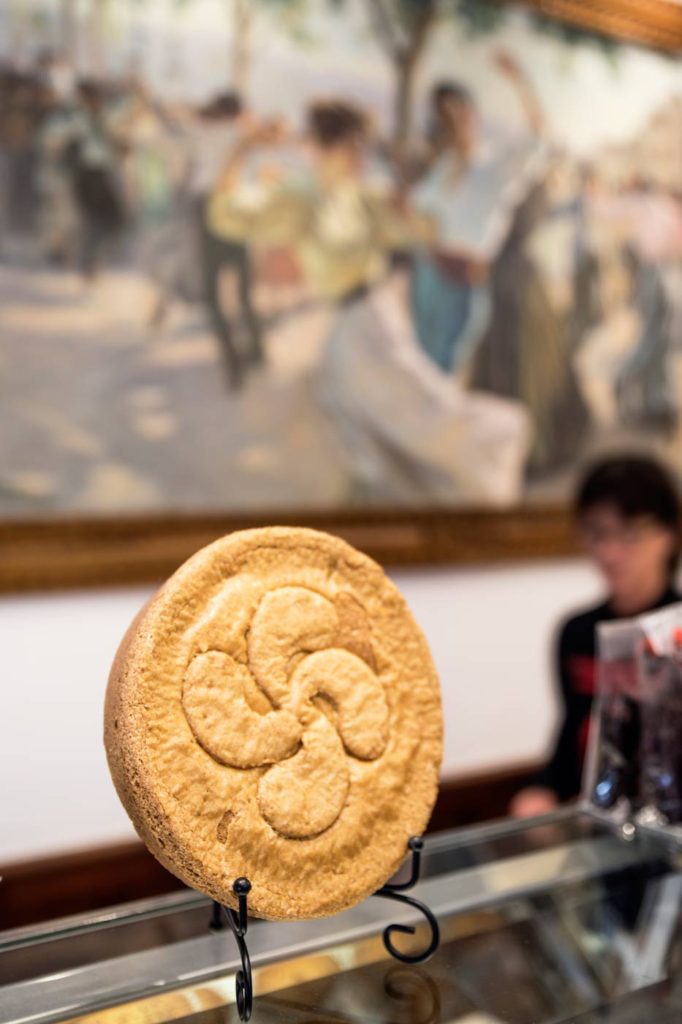
Pinpilinpauxa is the most beautiful word in Euskera, according to participants in a campaign by the Basque Studies Society, Eusko Ikaskuntza-Sociedad de Estudios Vascos, to choose the most beautiful term in the Basque language. The word is euphonic, with a pleasing tone produced by an effective combination of its acoustic components.
What does pinpilinpauxa mean? Pinpilinpauxa means butterfly, but there are many more words for this insect in Basque. It’s hard to find a language that has more synonyms for butterfly. The most popular is pinpilinpauxa, although the one most frequently used is tximeleta. But there are also others such as aitamatatxi, falfala, mitxeleta, mitxirika, inguma, pitxilota, kalaputxi, abekata, txaketa, maria panpilon etc. etc. etc. etc., to say the same thing.

An incomparable case. French linguist Louis Lucien Bonaparte, a nephew of Napoleon, sent 80 terms to the Philological Society in London. Bonaparte devised the first classification of Euskera by dialects in the 19th century. It is precisely the huge dialectal richness of the Basque language that produces such a large number of synonyms for a single word.
It should be pointed out that the butterfly scenario is unique because, although Euskera has a wealth of synonyms, this case may be incomparable. Moreover, this abundance of terms does not classify butterflies in accordance with their characteristics – each word simply means butterfly, and nothing more.
One hundred ways of saying it. In the 20th century, the German philologist born in the Basque Country, Gerhard Bähr, claimed that there were one hundred words for butterfly, if not more. Moreover, the famous author Bernardo Atxaga wrote the following in his novel El hijo del acordeonista (The accordionist’s son):
˝The thing is that during the fiesta I wanted to tell them that the Basque language has hundreds of names meaning butterfly, one of which, pinpilinpauxa, was really odd because, instead of reproducing a sound, like onomatopoeic words do, this word imitated the way the insect flew.

Euskera, an onomatopoeic language. It is true that Euskera is one of the languages with the most onomatopoeic sounds, according to Karlos Santisteban, author of the Basque onomatopoeia dictionary Onomatopeia eta Adierazpen Hotsen Hiztegia.
He says that the most obvious example is in the well-known pil-pil sauce used to cook cod, which denotes gentle boiling. The expression plo-plo, however, refers to more intense, noisier cooking, while gal-gal infers that the liquid is frothing up.
Sounds are very often repeated in Basque (as in Japanese). What is not clear, according to this Basque writer and translator, is why this should be so.

Bihotz, goxoa, maitasuna. These three words were the runners-up to pinpilinpauxa in the ranking of favourite Basque words. Bihotz means heart. Goxoa means tasty/sweet (like the Basque “gâteau” in the photo, from the French Basque Country). Maitasuna means love. The word ranked next was xuxurlatu, whisper (another obvious example of onomatopoeia). Eusko Ikaskuntza conducted its survey online in 2010, and drew these conclusions with the assistance of some 2,000 Internet users, among whom well-known Basque cultural personalities such as Bernardo Atxaga, already mentioned, another writer, Lourdes Oñederra, the composers and singers Benito Lertxundi and Mikel Urdangarin, and the physicist Pedro Miguel Etxenike.
Implicación de Kukuxumusu. Con este concurso, la Sociedad de Estudios Vascos pretendía abrir una reflexión sobre el euskera, impulsar su uso, exteriorizar la forma de ser euskaldun (vasco/a, o vascoparlante) animar a la participación y unir a la comunidad vasca a través de las nuevas tecnologías. Todo esto coincidiendo con el Día Internacional del Euskera, que se celebra el 3 de diciembre. Eusko Ikaskuntza sorteó entre los participantes camisetas que la popular marca Kukuxumusu (juego de palabras que significa beso de pulga) diseñó especialmente para ese día.
La Sociedad de Estudios Vascos, impulsora desde 1949 del Día internacional del Euskera, se felicitó por el entusiasmo que, a su juicio, generó la campaña por la palabra más bonita del euskera. La iniciativa estuvo acompañada en su plataforma de internet por la canción Gure hitzak (Nuestras palabras) del cantautor vasco Mikel Laboa, considerado como el patriarca de la música vasca. En esta canción apeló al uso del euskera para que no se pierda.
🎵Gure hitzak. Esan berriz esan. Ez daitezela ahaztu. Ez daitezela gal 🎵
(Nuestras palabras, repítelas. Que no se olviden. Que no se pierdan)
***

